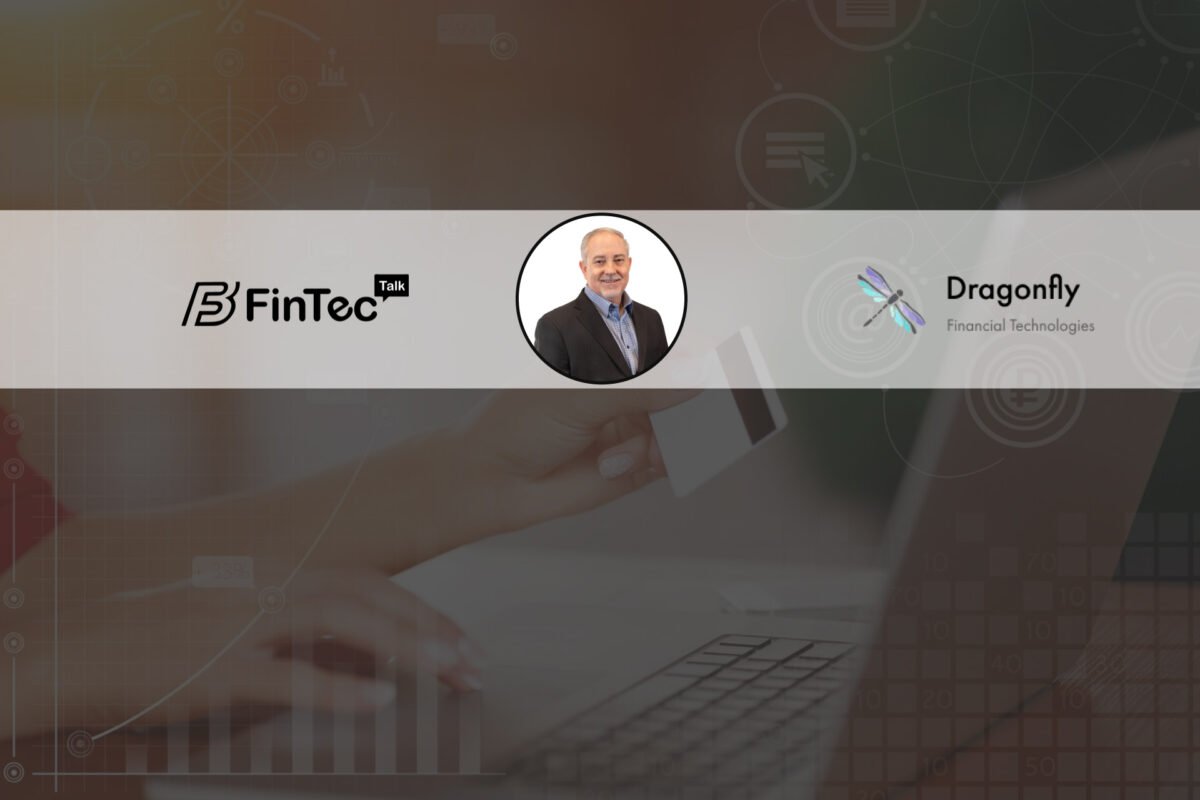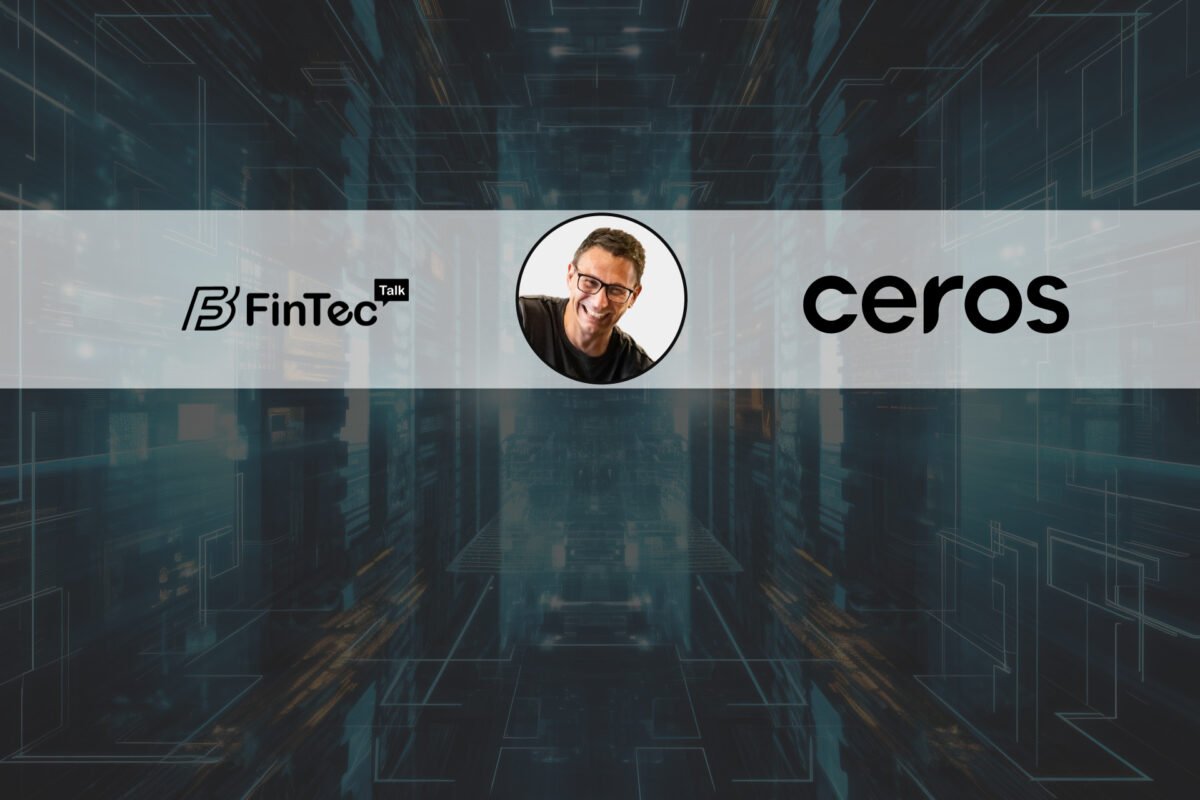Explore the cutting-edge technology behind Pismo’s success in this exclusive interview with Vishal Dalal, the CEO of Pismo as he shares his vision!
Vishal, what inspired you to join Pismo?
I spent 12 years implementing Core Banking systems and 10 years advising clients on how to select, implement and extract value from modern core systems. It seemed like a logical progression to lead a firm that was trying to break new ground in core processing on the cloud. I have not regretted the decision for a minute – I am having a serious amount of fun every day!
What do you believe sets Pismo apart from its competitors, and how do you leverage that advantage?
Three things set Pismo apart from our competitors:
First, we offer core banking, card issuing, and payment processing on the same platform. This all-in-one approach allows financial institutions to avoid complex integrations.
Second, Pismo has no legacy components. It is the truest representation of high-speed, high-resiliency distributed cloud-native core systems. It truly is what it says on the box.
Last but not least, our platform is tested at scale since large banks already use it. It manages 74 million accounts for Fortune 500 clients like Itaú, the largest bank in Latin America.
How has the COVID-19 pandemic affected Pismo, and how have you adapted to the changes?
The pandemic has encouraged Pismo to expand remote work, enabling us to operate globally with a team distributed across five continents. Going remote-first prepared the company for further global expansion.
The pandemic has also brought difficulties to the financial services industry while it created opportunities for us. E-commerce and digital banking have soared since the pandemic started. However, many financial institutions realized their computer systems needed more flexibility and scalability to meet new customer demands. We have rightly benefitted from all this.
We missed being able to meet our clients face-to-face, but happily, that is changing now, and it is thankfully becoming easier to establish more meaningful connections with our clients and partners.
How do you balance short-term business needs with long-term strategic planning at Pismo?
Finding this balance is always a challenge. We have to meet our client’s immediate needs and achieve commercial success. However, we don’t sacrifice long-term value for short-term results. We cannot afford to lose sight of the future evolution of the financial services industry, which is changing rapidly. We use various mechanisms to maintain equilibrium between short-term and long-term demands. We meet regularly as a leadership group to discuss strategic trends and convert them into actions across our company. Our prioritization mechanisms across products and technology ensure appropriate weightage is given to clients, market, regulatory and strategic needs.
What do you see as the biggest trends and opportunities in the payment industry, and how is Pismo positioned to take advantage of them?
The major trends that we foresee in payments are:
1. Countries will concentrate on developing their own independent payment rails infrastructure and get better at it.
2. As scalability starts mattering more and more, there will be more banks migrating payment processing to the public cloud.
3. Countries and central banks will act to bring down the cost of transactions. They will develop digital currencies that match their own needs. Therefore, there will be increased experimentation in this area.
Pismo’s solution takes full advantage of the public cloud while offering flexibility for banks to develop innovative products that meet emerging customers’ needs. Thus we are well-positioned to take advantage of these trends.
How do you prioritize the various initiatives and projects that Pismo is working on and ensure they align with the company’s goals and objectives?
We have sophisticated mechanisms to prioritize all our work. Our most important initiatives are handled via our prioritization committee, which sets the strategic direction for our company. On a day-to-day level, our self-organizing teams (called squads) create, prioritize, manage, and quality-control their own work. They are able to do this because they are in tune with our mission, have the requisite expertise, and know their jobs. My job (and our job as a management team) is to give them the tools they need and remove obstacles from their paths.
What do you believe are the key qualities that a successful CEO must possess, and how do you embody those qualities?
While a CEO’s job is quite multi-faceted, I believe three qualities and abilities are non-negotiable:
1. CEOs must be comfortable with the fact that they cannot handle everything on their own. Their job is not to solve the problem themselves but to coach their teams to do it.
2. CEOs must be good judges of talent – this skill takes years to build but is a good CEO’s superpower.
3. Good CEOS need to be comfortable or actually even thrive in conflict. The most substantial part of a CEO’s job description is managing conflict, tradeoffs, and taking calls in the face of ambiguity.
How do you stay informed and up-to-date on industry developments and trends, and how do you incorporate that knowledge into your decision-making process?
Of course, staying informed requires reading market reports, news, and analyses. But the most important thing to understand clients’ needs is to talk to them frequently. This is the only way to offer the right product to address their pains.
How do you manage risk and ensure that Pismo operates in a safe and secure manner?
As a SaaS platform, we face multiple risks – operational risks, regulatory risks, cyber risks, credit risks, and so on. The first thing to do is to have a comprehensive catalog of these risks, their probability, and their impact on our clients and us if they occur. Once we have this, it is a matter of managing them. Where we believe we are the best people to manage them (for example, cybersecurity), we put resources into becoming good at managing them. If we believe others can manage these risks better, we transfer them to others (for example, by buying an insurance policy).
If we believe we can eliminate them through policies and automation, then that is what we do. In the end, it is less about technology and more about being comprehensive and rigorous and not ignoring first principles.
How do you maintain a healthy work-life balance, and what do you do to recharge and rejuvenate?
It’s important to be kind to yourself and decompress whenever possible. I do my decompression by reading non-fiction books, walking, and traveling. I have been to more than 60 countries because I have always had jobs that needed travel – I have been very lucky that way.
What are some of the biggest lessons you’ve learned throughout your career, and how have they influenced your leadership style?
I believe I am too early in my leadership journey to have developed a distinct leadership style – it is an ongoing journey. At this point, I am still learning and absorbing information and trying to bring consistency, humility, and empathy in my interactions with all stakeholders. I hope to keep learning, give myself the space to learn from my mistakes, put my head down and reach our short-term goals and gather a group of meaningful experiences that I can call on during testing times.
What are your long-term goals for Pismo, and how do you plan to achieve them? Any region that you’re focussing on, particularly for growth?
Pismo was created to impact people’s lives positively all over the globe through our core values and our cutting-edge solution. We have been doing that since day one. We provide next-generation technology to help banks, fintech, and non-financial institutions offer best-in-class financial products for their global customers. This will change how people deal with their money and how banks make their profits.
I joined Pismo to lead the company’s global expansion, and that’s what I have been doing for the last two years. We have also partnered with 42CS, an Indian card processor, to increase our presence in India, where we already have City Union Bank as a client. In addition, we are very active in Europe and Latin America, where Pismo was born. We have started establishing our footprint in Australia and the US and are now starting to achieve traction with large banks




